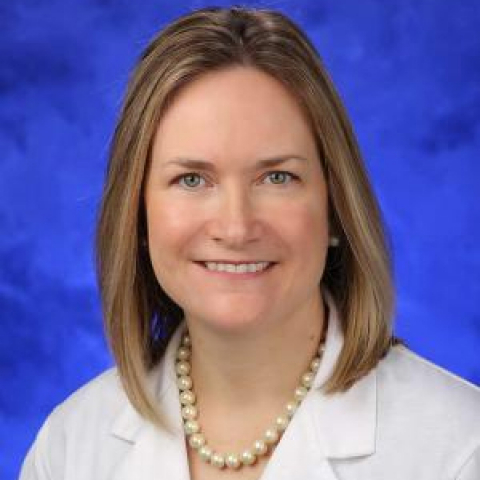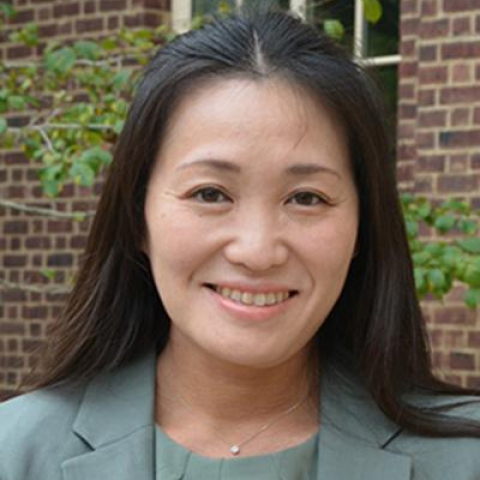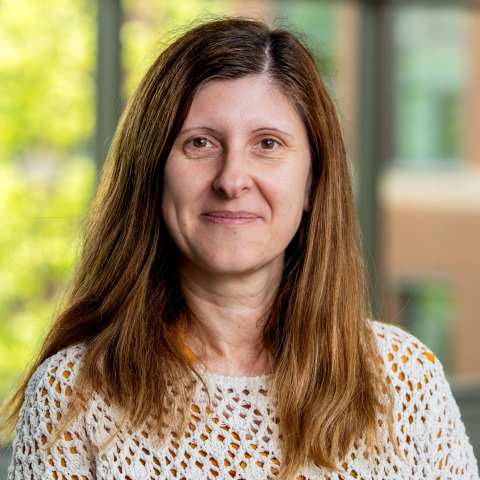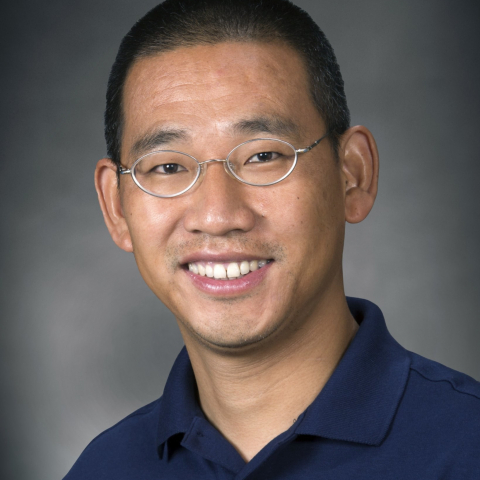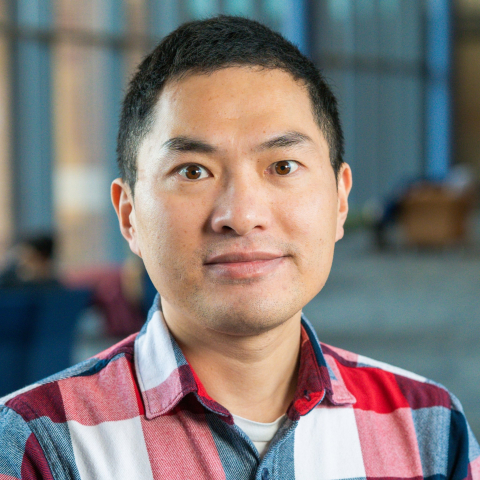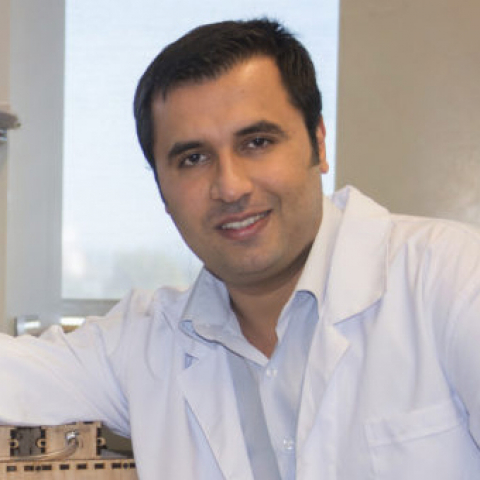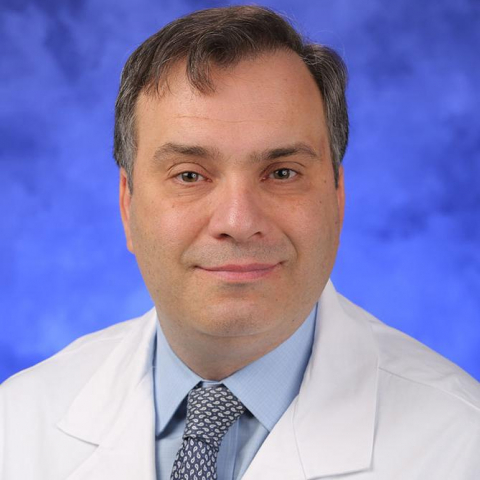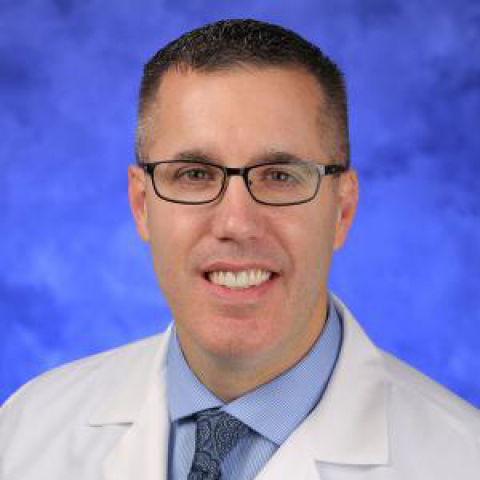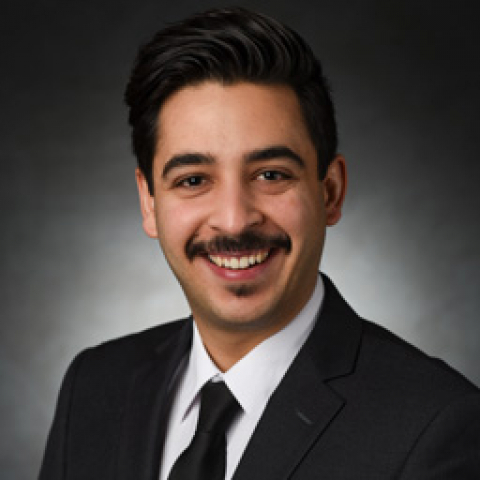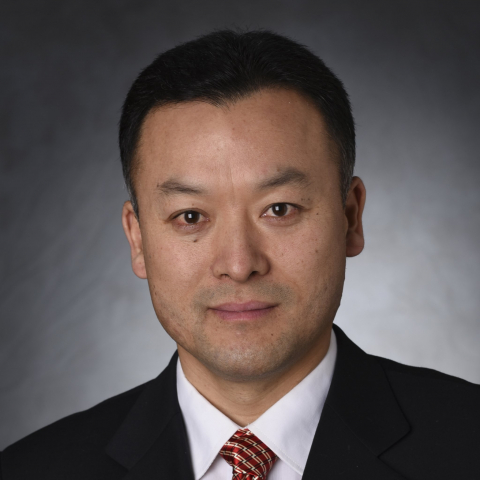People
April Armstrong
C. McCollister Evarts Professor and Chair for Orthopaedics and Rehabilitation
Urara Hasegawa
Assistant Professor of Materials Science and Engineering
The development of polymeric nanomaterials for controlled delivery of drug and bioactive signaling molecules
Daniel Hayes
Director, Center of Excellence in Industrial Biotechnology; Huck Chair in Nanotherapeutics and Regenerative Medicine; Professor of Biomedical Engineering
Biomaterials engineering for applications ranging from regenerative medicine to lab-on-a-chip technologies. An emphasis on nanomaterials, macromolecules and composite structures. Ongoing efforts include development of optically and magnetically modulated drug delivery systems, quasi 3D cell sheet culture systems, cell encapsulation and delivery materials and hybrid in situ polymerizing grafts/augments.
Camelia Kantor
Associate Director of Strategic Initiatives; Research Professor
Camelia Kantor is a highly interdisciplinary geospatial researcher and integrator. Before joining Huck, her prior work involved HBCU teaching, research and training and national security related program assessment and management. Her research interests are at the intersection of geospatial, life sciences, and business. Since 2010, she has been a frequent speaker, conference lead, and academic program evaluator.
Yuguo (Leo) Lei
Associate Professor of Biomedical Engineering; Faculty Oversight, Sartorius Cell Culture Facility
Cell therapy; Cell manufacturing; Biomaterials
Xiaojun (Lance) Lian
Associate Professor of Biomedical Engineering
Human Stem Cell Engineering; Genome Editing via CRISPR-Cas9; Epigenome Editing and Epigenetics.
Ibrahim Ozbolat
Huck Chair in 3D Bioprinting and Regenerative Medicine, Professor of Engineering Science and Mechanics
Dino Ravnic
Huck Chair in Regenerative Medicine and Surgical Sciences; Professor of Surgery
Thomas Samson
Associate Professor of Surgery, Pediatrics, and Neurosurgery
Amir Sheikhi
Huck Early Career Chair in Biomaterials and Regenerative Engineering ; Associate Professor of Chemical Engineering
Micro- and nanoengineered soft materials for medicine and the environment; microfluidic-enabled biomaterials for tissue engineering and regeneration; living materials; next-generation bioadhesives, tissue sealants, and hemostatic agents; hydrogels for minimally invasive medical technologies; self-healing and adaptable soft materials; smart coatings; hairy nanocelluloses as an emerging family of advanced materials.
Yong Wang
Professor of Biomedical Engineering
Applying nature and biology as design guidelines to the creation of biomimetic and bioinspired materials at both the nanoscale and macroscale level for drug delivery, clinical diagnosis, and regenerative medicine.
